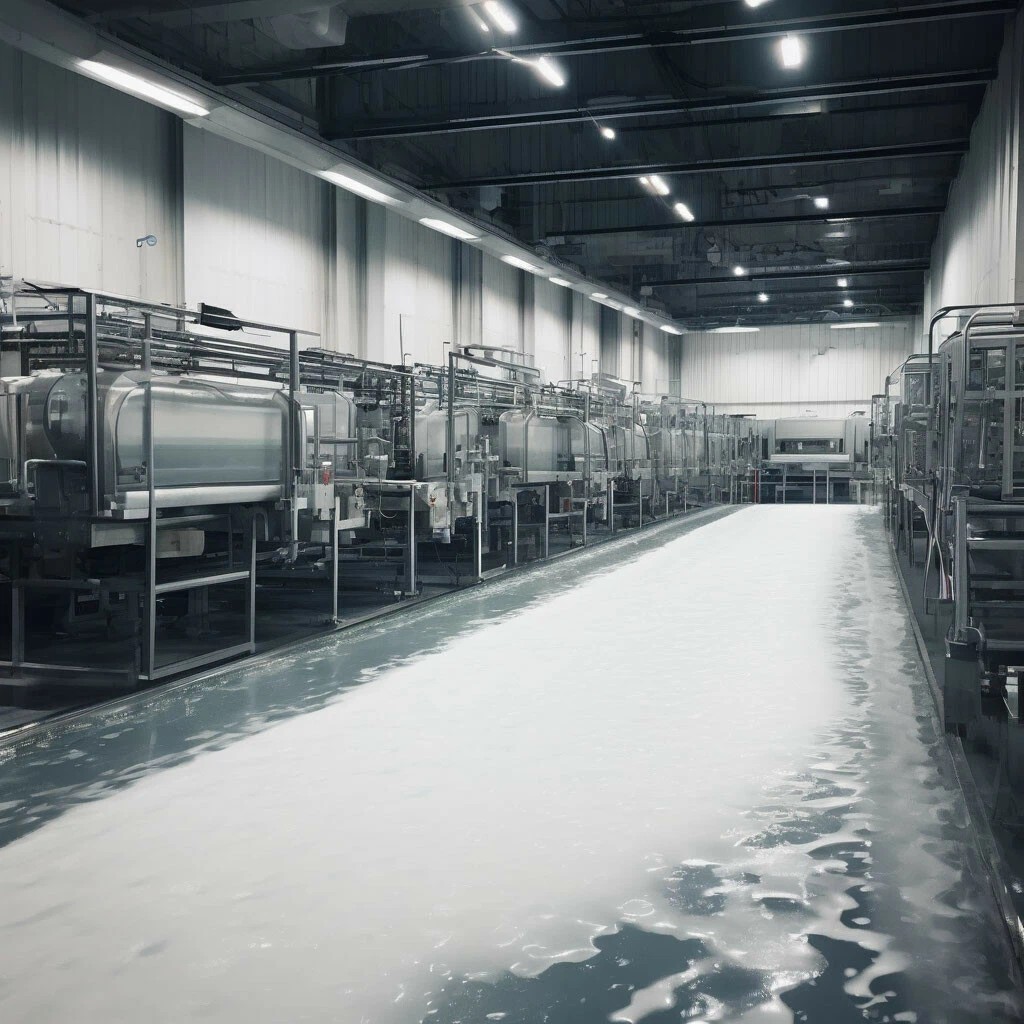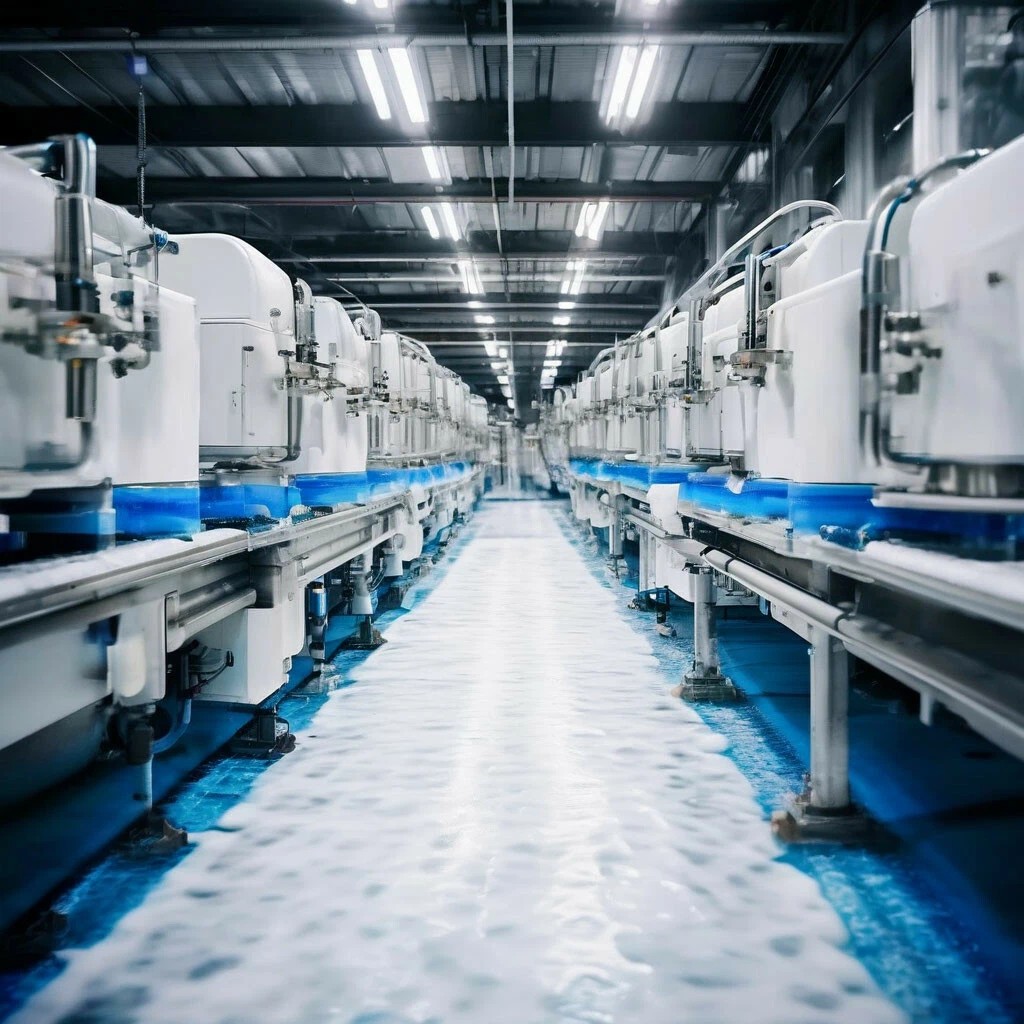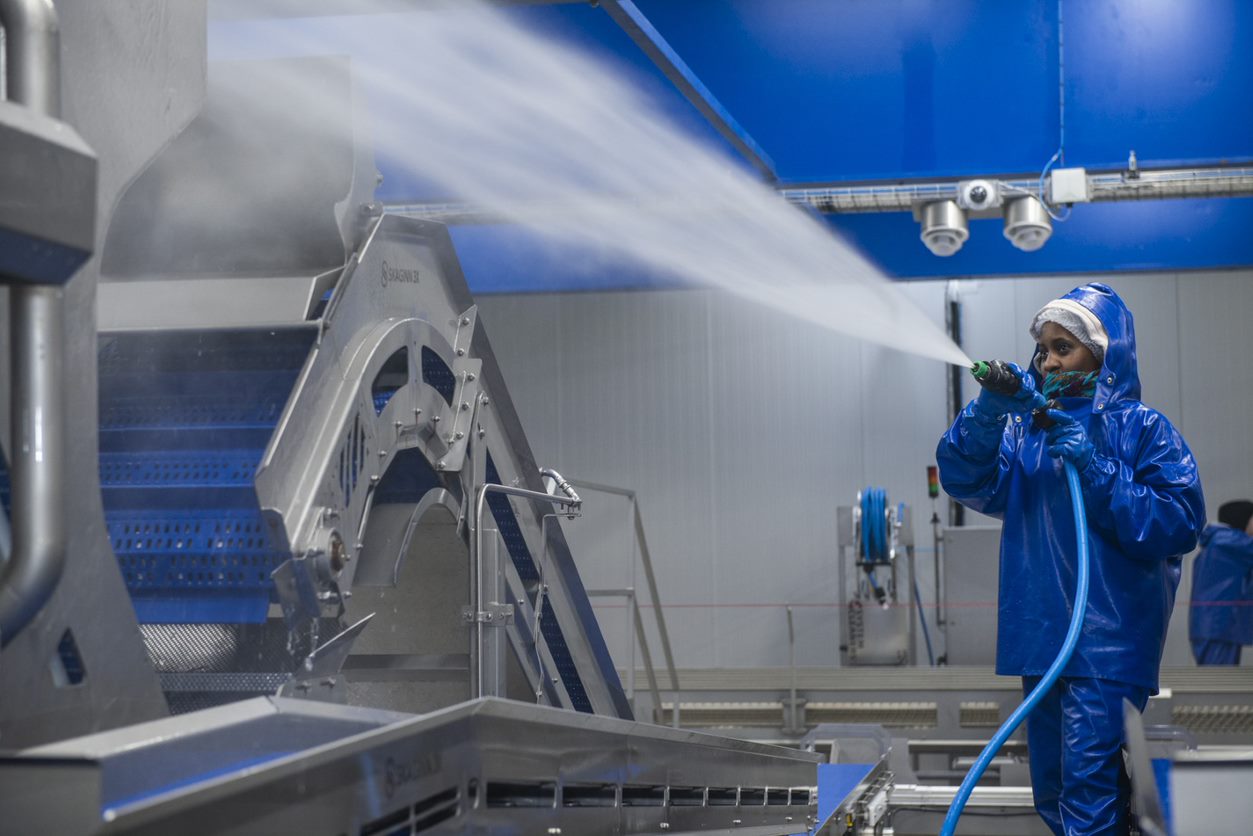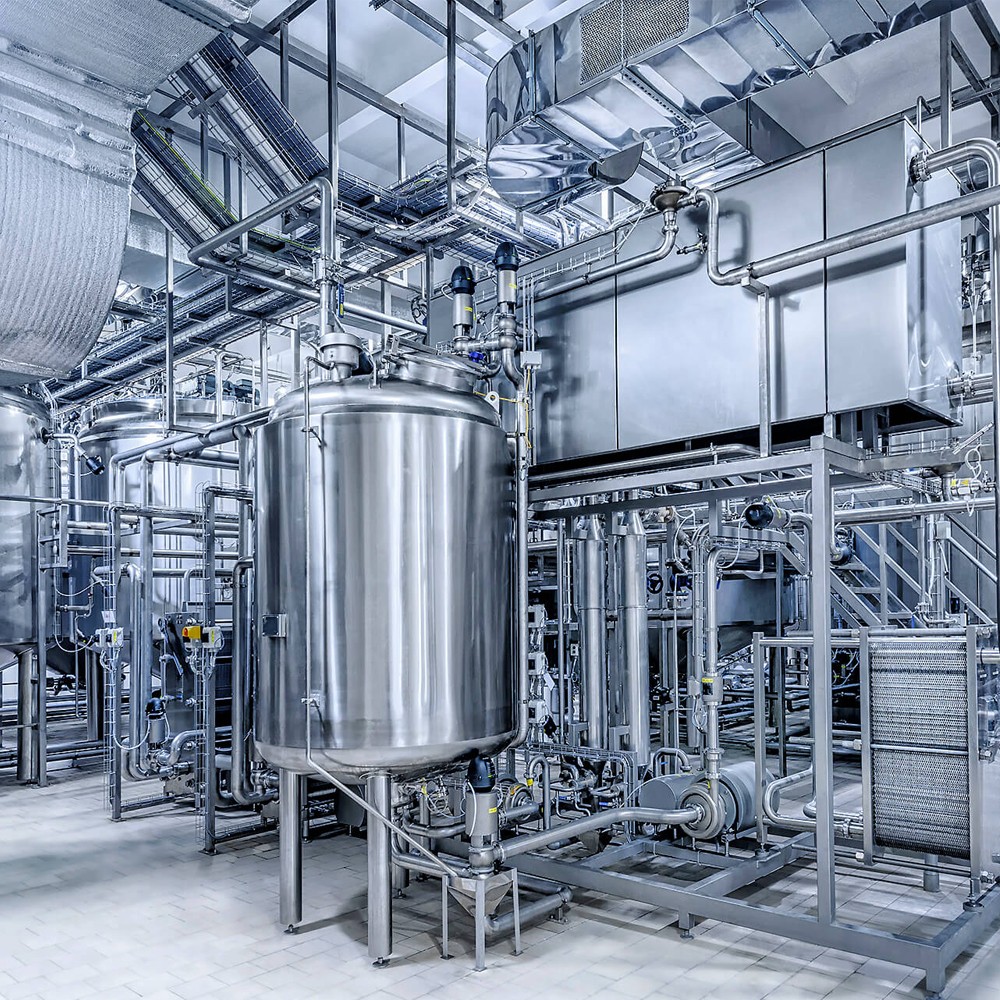

In the world of the modern cheese industry, the fight against bacterial contamination is becoming an increasingly urgent task. Optimal management of hygiene standards and effective disinfection play a crucial role in ensuring the quality and safety of manufactured products. In this context, foam washing technology stands out as an effective means to eliminate bacterial contamination in cheese-making enterprises.
This article is devoted to the role and application of foam washing equipment systems in the cheese industry. We will explore the main aspects of the technology, its advantages and practical examples of successful use in this industry.


Bacterial contamination is one of the main problems faced by cheese-making enterprises around the world. The impact of bacteria on production processes and the quality of final products cannot be underestimated. Bacteria can actively multiply in the cheese-making environment, disrupting not only technological processes, but also affecting the safety and stability of products.
Bacterial contamination in the cheese-making process can lead to a number of negative consequences, including changes in the organoleptic characteristics of cheese. For example, some types of bacteria are able to produce enzymes that alter the structure of milk proteins and fats, which in turn affects the consistency and texture of cheese. This can lead to a loss of the desired taste and aromatic characteristics of the final product.
In addition, the presence of certain types of bacteria can lead to the appearance of undesirable aromatic and flavoring notes, which significantly reduces the competitiveness of products on the market. It is also important to take into account that some bacteria can be pathogenic to humans, which makes the problem of bacterial contamination especially relevant from the point of view of ensuring food safety.

Milk and dairy products used in cheese production may contain various types of bacteria. For example, thermophilic bacteria can survive and multiply at high temperatures, which makes them especially dangerous in the conditions of cheese production using heat treatment.
Insufficient quality raw materials or improper storage can also contribute to the proliferation of bacteria, which increases the risk of contamination during the cheese making process.
Cheese-making enterprises include a variety of pipelines, tanks, separators and other equipment on the surfaces of which biofilms can form that promote the reproduction of bacteria.
Insufficient cleanliness and sanitation of equipment after each production cycle can also cause bacterial contamination and subsequent contamination of products.
One of the most common sources of bacterial contamination is the human factor. Insufficient compliance with hygiene standards by employees of the enterprise can lead to the transfer of bacteria to equipment and surfaces with which products come into contact.
The fight against bacterial contamination requires an integrated approach and a system of strict sanitary measures at all stages of the production process. The effective use of modern disinfection technologies, including foam washing systems, minimizes the risks of contamination and ensures high quality and safety of cheese products.
Foam washing systems are innovative solutions for the effective removal of bacteria and other contaminants from surfaces in manufacturing plants, including cheese-making complexes. They are based on special disinfectants, which are applied in the form of foam to the treated surfaces. The principle of operation of such systems usually includes several stages:

Foam washing technology is a modern approach to ensuring high standards of sanitation and hygiene in industrial enterprises. Its main advantages include:

At cheese-making enterprises, foam washing equipment systems are integrated into a common sanitation and hygiene system. They are used for processing various areas, including production areas, storage of raw materials and finished products, as well as equipment and infrastructure:
The integration of foam washing systems into the production processes of cheese-making enterprises can significantly improve the level of sanitation and product safety. The effective application of this technology requires not only high-tech equipment, but also trained personnel capable of correctly applying and maintaining foam washing systems within the framework of sanitary standards of the enterprise.
The use of foam washing systems in the cheese industry has several specific features that make this technology particularly effective and in demand.
Cheese production often includes a variety of equipment and infrastructure, including stainless steel tanks, pipelines, separators and filters. Foam washing systems are designed to effectively treat such surfaces, providing complete coverage and removal of impurities.
Different types of cheese and dairy products may require a special approach to sanitation. Foam washing systems allow you to take into account such features, ensuring product safety and quality with minimal impact on its characteristics.
Sanitary requirements in the cheese industry are strictly regulated by legislation and international standards. The use of a foam washer helps to comply with these standards, ensuring product safety and compliance with high hygienic standards.
In the cheese industry, there are often conditions of high humidity and temperature conditions that can contribute to the reproduction of bacteria. Foam washing systems are designed to work in such conditions, providing reliable disinfection under minimal conditions for the growth of microorganisms.
The foam washer is easily integrated into the overall system of production processes of the cheese-making enterprise. It can be adapted to carry out sanitary procedures both manually and in automated mode, which provides flexibility in its application depending on the specific needs of the enterprise.
The use of foam washing systems in the cheese industry not only increases the level of sanitation and product safety, but also helps to optimize production processes, reduce sanitation time and reduce water and chemical costs. These features make the foam washer an integral part of modern dairy production, ensuring compliance with high quality and safety standards.
We ourselves produce most of the items for the system: Pumping stations, foam stations, mobile carts, holders, mounting stands, etc.
We have registered our own trademark and always make sure that the client is satisfied and recommends us to specialists from other enterprises
The OdysseySystems company provides a full range of services in matters of cleanliness in food enterprises: from application processing to facility commissioning and personnel training. Our specialists will install the system in any region of the Russian Federation.
For enterprises that have water treatment systems installed that provide a working pressure of 20 bar, we can provide a test sample of a foam satellite for 30 days for operation at the enterprise.
The advance payment is 50% of the total contract amount. 30% is paid before shipping the goods to the customer. 20% is paid within 10 days after signing the equipment acceptance certificate
The OdysseySystems company provides a full range of services in matters of cleanliness in food enterprises: from application processing to facility commissioning and personnel training. Our specialists will install the system in any region of the Russian Federation.